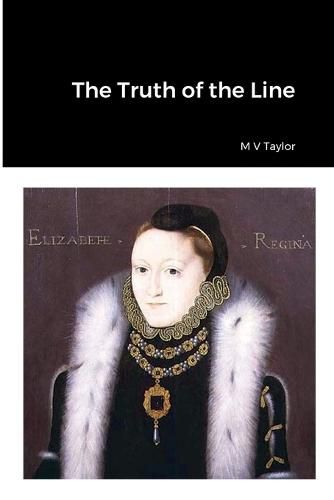Readings Newsletter
Become a Readings Member to make your shopping experience even easier.
Sign in or sign up for free!
You’re not far away from qualifying for FREE standard shipping within Australia
You’ve qualified for FREE standard shipping within Australia
The cart is loading…






This title is printed to order. This book may have been self-published. If so, we cannot guarantee the quality of the content. In the main most books will have gone through the editing process however some may not. We therefore suggest that you be aware of this before ordering this book. If in doubt check either the author or publisher’s details as we are unable to accept any returns unless they are faulty. Please contact us if you have any questions.
Nicholas Hilliard (1547-1619) was a trusted member of the court and favourite of Queen Elizabeth I. He illuminated various charters and legal documents as well as painting portraits of the queen and many of his contemporaries. From the 1580s onwards HIliard portrayed the queen either as Cynthea - Virgin Goddess of the Moon, or as the perpetually young Astrea - Virgin Goddess of the Golden Age. These miniature portraits reinforced the idea that England's queen was, and would remain unmarried. However, is there more than propaganda regarding the queen's chastity behind these portraits of Elizabeth I? This novel tells Hilliard's own story through some of the portraits he created for his patrons and interprets the symbols and emblems these paintings contain. From the time he was introduced to Elizabeth I in 1572, I explore the great events that happened between 1572 and 1588 as seen through his eyes. The title is a quote from Hilliard's draft treatise of 1598, but is it purely a reference to his extraordinary ability to capture his sitter's likeness? His portrait of a young man holding a hand coming from a cloud (in the Victoria and Albert Museum in London) has long puzzled historians and art historians, and I am but one in a long line of those who have theories as to the meaning behind the motto, Attici Amoris Ergo. I believe the answer also lies in comparing this portrait with Hilliard's portrait of Elizabeth I painted in 1572 and the many he created of Robert Dudley, Earl of Leicester - for that you can go online and look at the portraits for yourself. These are listed at the back of the book. As a great friend of mine who is a forensic scientist, said, "You can't beat genetics!"
$9.00 standard shipping within Australia
FREE standard shipping within Australia for orders over $100.00
Express & International shipping calculated at checkout
This title is printed to order. This book may have been self-published. If so, we cannot guarantee the quality of the content. In the main most books will have gone through the editing process however some may not. We therefore suggest that you be aware of this before ordering this book. If in doubt check either the author or publisher’s details as we are unable to accept any returns unless they are faulty. Please contact us if you have any questions.
Nicholas Hilliard (1547-1619) was a trusted member of the court and favourite of Queen Elizabeth I. He illuminated various charters and legal documents as well as painting portraits of the queen and many of his contemporaries. From the 1580s onwards HIliard portrayed the queen either as Cynthea - Virgin Goddess of the Moon, or as the perpetually young Astrea - Virgin Goddess of the Golden Age. These miniature portraits reinforced the idea that England's queen was, and would remain unmarried. However, is there more than propaganda regarding the queen's chastity behind these portraits of Elizabeth I? This novel tells Hilliard's own story through some of the portraits he created for his patrons and interprets the symbols and emblems these paintings contain. From the time he was introduced to Elizabeth I in 1572, I explore the great events that happened between 1572 and 1588 as seen through his eyes. The title is a quote from Hilliard's draft treatise of 1598, but is it purely a reference to his extraordinary ability to capture his sitter's likeness? His portrait of a young man holding a hand coming from a cloud (in the Victoria and Albert Museum in London) has long puzzled historians and art historians, and I am but one in a long line of those who have theories as to the meaning behind the motto, Attici Amoris Ergo. I believe the answer also lies in comparing this portrait with Hilliard's portrait of Elizabeth I painted in 1572 and the many he created of Robert Dudley, Earl of Leicester - for that you can go online and look at the portraits for yourself. These are listed at the back of the book. As a great friend of mine who is a forensic scientist, said, "You can't beat genetics!"